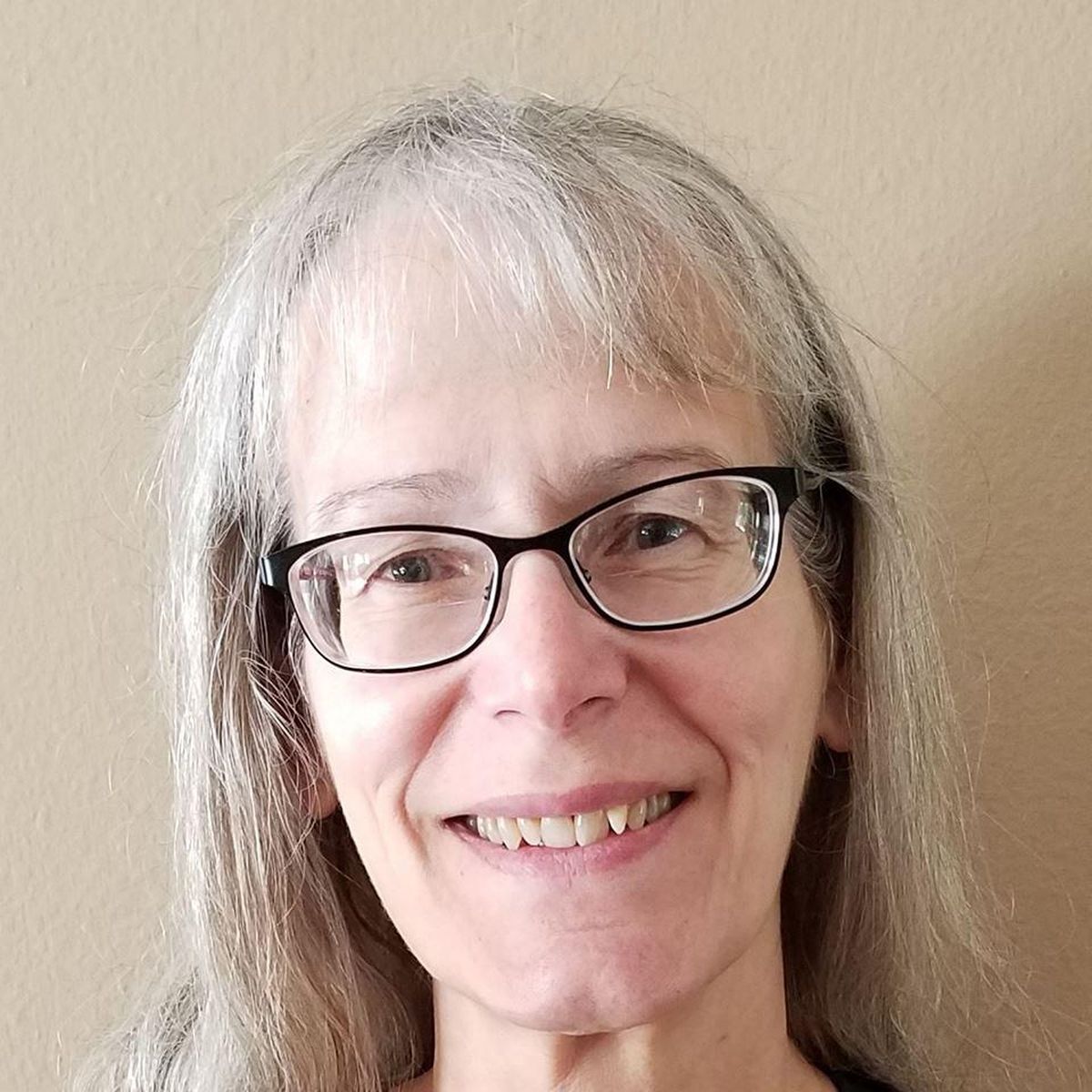Challenger in Whitworth Water District race says commission running well

A biology professor looks to bring her water quality knowledge to the Whitworth Water District Commission, position 1, as she runs against an incumbent who wants to localize decisions on water management.
Incumbent Rick Koller said he has concerns over a state Supreme Court ruling that requires counties to ensure new wells won’t have a negative impact on water availability. He agrees with the concept, but said in practice it has become a “bureaucratic mess,” carried out by “people who have never drilled a well before.”
“I think the more local you make it, the better decisions you can make,” Koller said.
He said he wants to work with state legislators to find a more effective solution.
Jean Pond, Koller’s opponent, said she has no specific complaints with the current commission, but feels it is her duty to engage in politics at a local level.
“As far as I can tell, the district is doing well,” she said. “But I don’t think it hurts to have more than one person trying to be involved.”
Pond said she has no reason to doubt the district’s water quality, but that as a biologist she would like to learn more about it if she is elected.
“My interest would just be in continuing to have great quality, clean water,” she said.
Koller said he believes the district’s current rates are reasonable, and that his first priority is affordability. He noted that the last rate increase, a couple years ago, was the first in about a decade.
He said that rather than raise rates to encourage conservation, it’s more important to tackle water loss issues as they come.
“When you have problems,” he said, “you need to go in and address the particular problem, instead of just doing a blanket rate increase to try to cover the cost of it.”
Pond said the current rates don’t seem to encourage conservation, but said she needs to study the issue further before determining if the rate structure should be changed.
Koller said he is not sure he would support specific conservation programs, like providing reduced-water showerheads, because he has seen many of these fail. But he said the district has done a good job of educating people about the importance of water and conservation.
Pond agreed, saying she would like to continue this education.
“Anything that we can get out to the school districts so that kids, from the time they’re young, understand that water … is something we should be concerned about our whole lives,” Pond said.
As Spokane grows north, Koller said, more people will enter the district’s service area, and the district must be prepared for this. He said they recently installed a water main to service a new Costco Site on U.S. Highway 2, and he said it may be a good idea to add a new water filling station in the district.
Pond said she realized the significance of water after she and her husband spent a year as volunteer teachers in a rural area in Africa. The water, when it ran at all, was of very poor quality.
“When you don’t have a reliable supply of water,” she said, “life is just very, very difficult.”